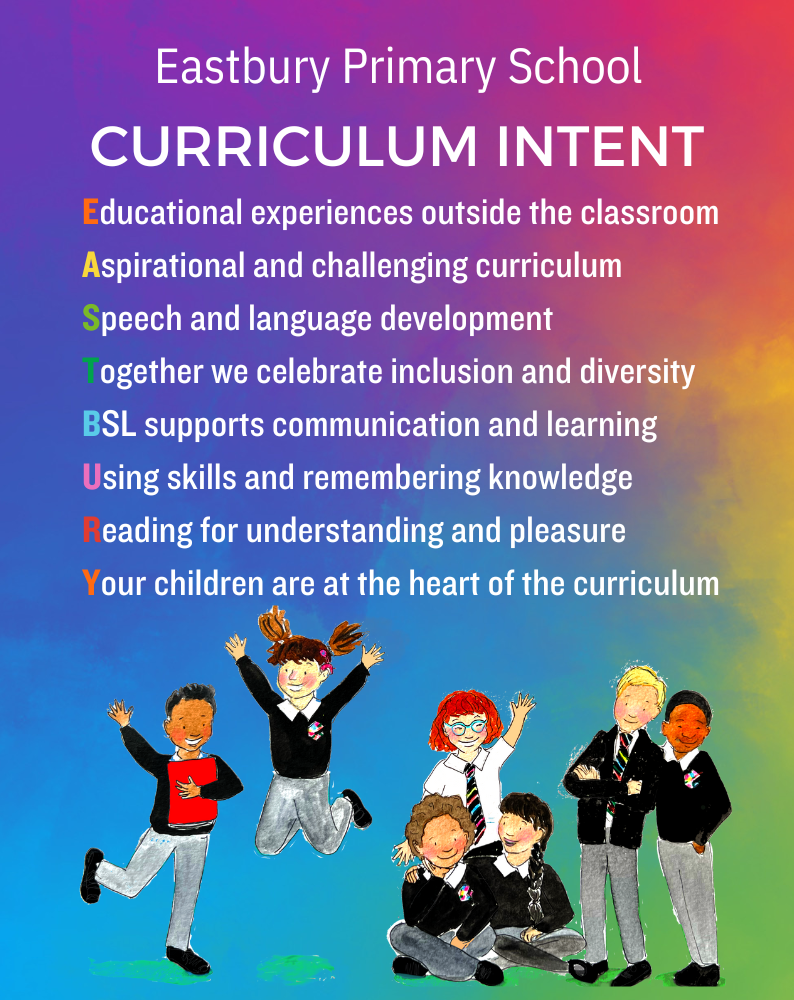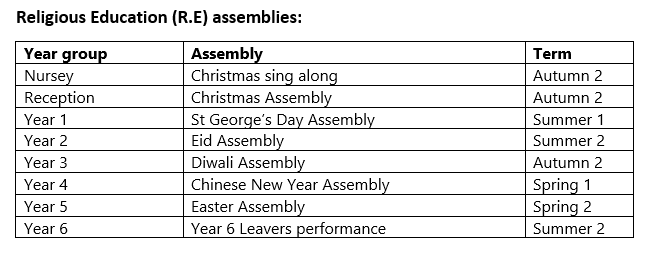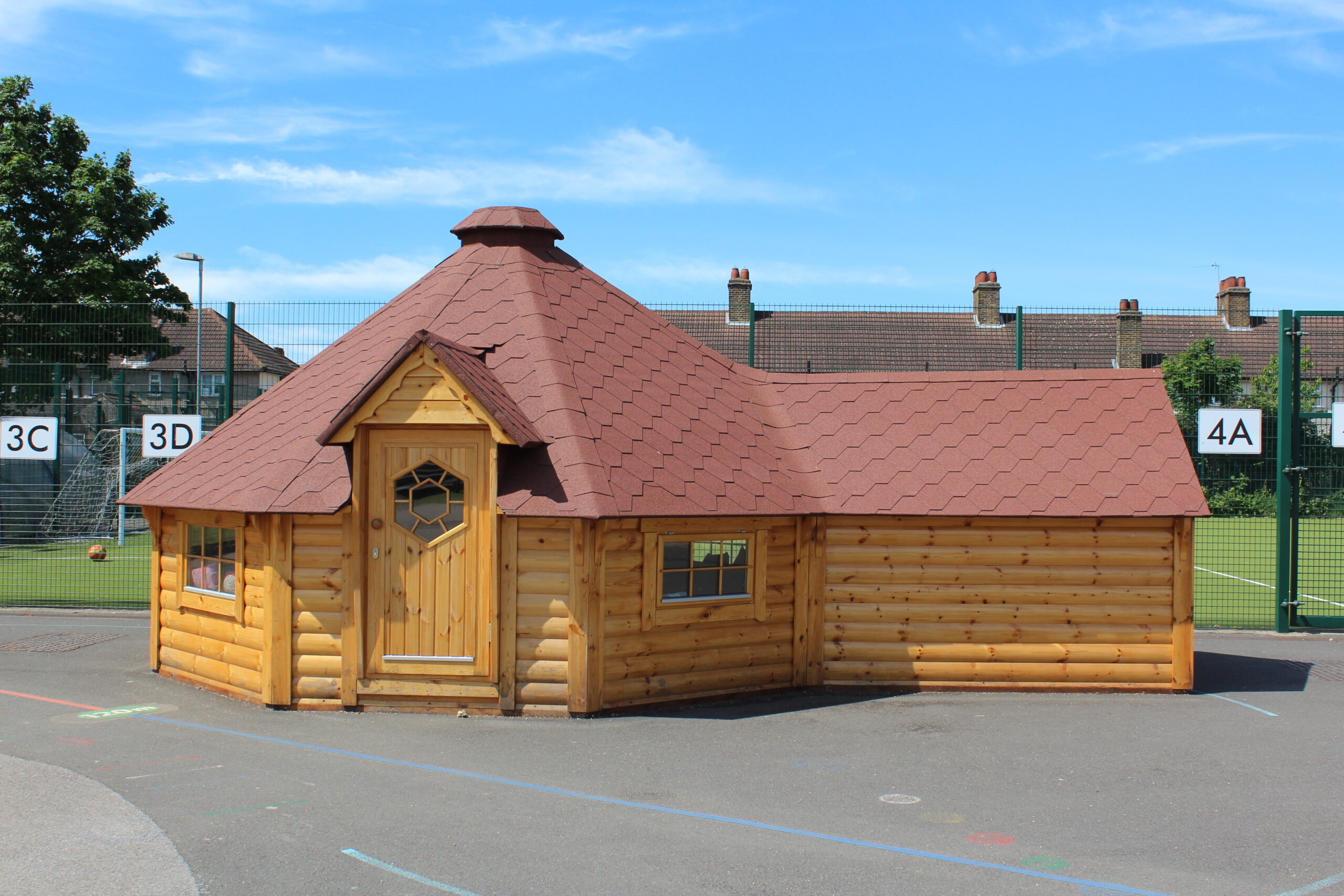

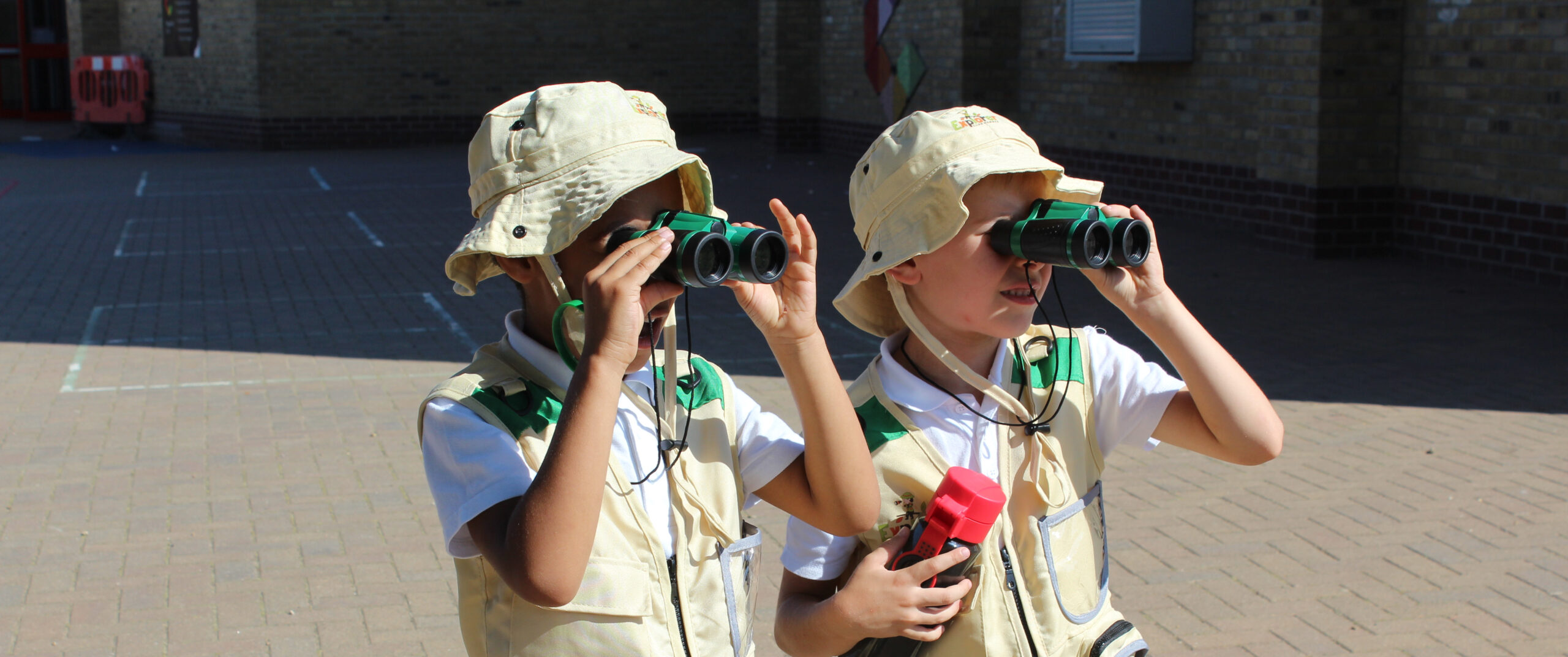
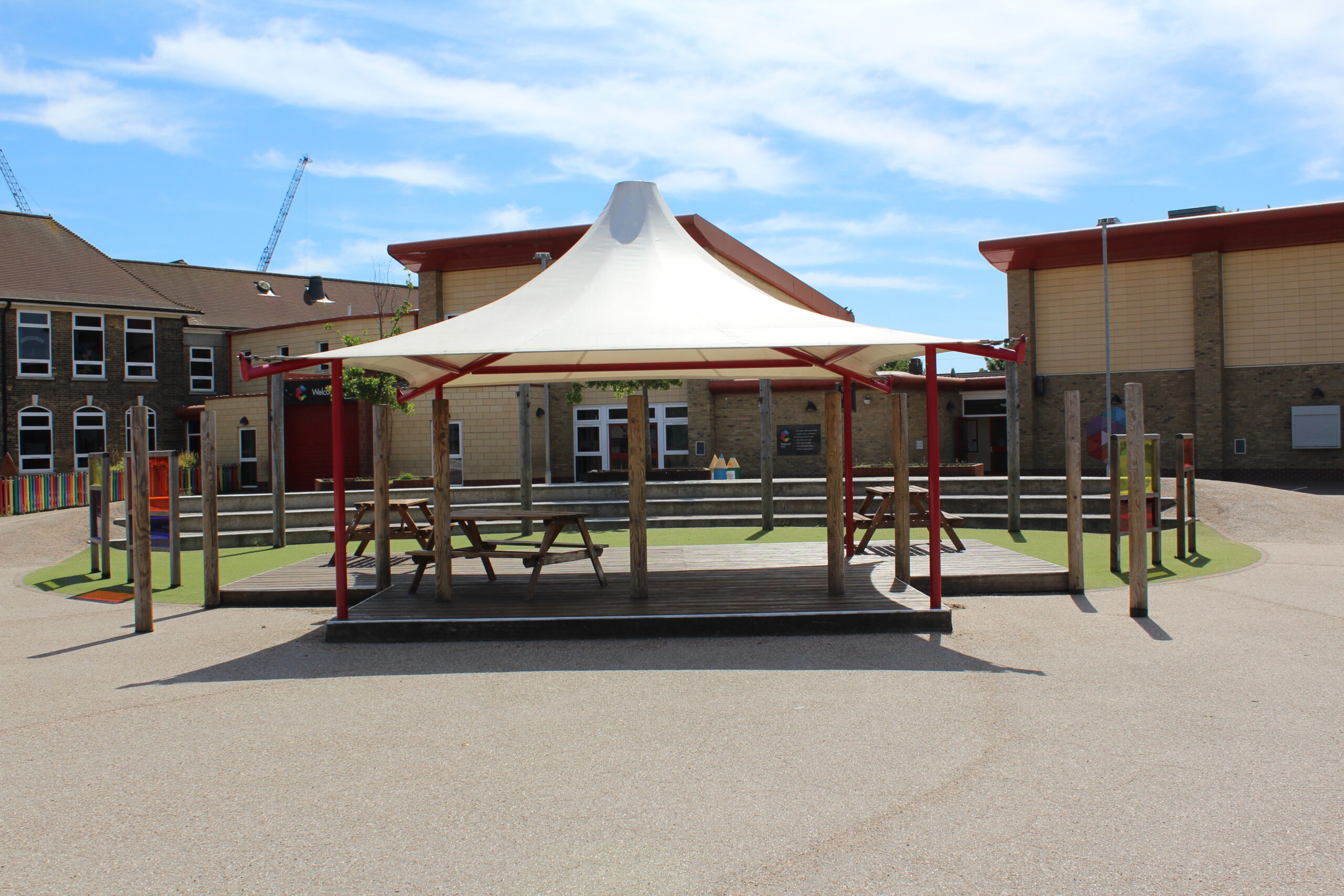

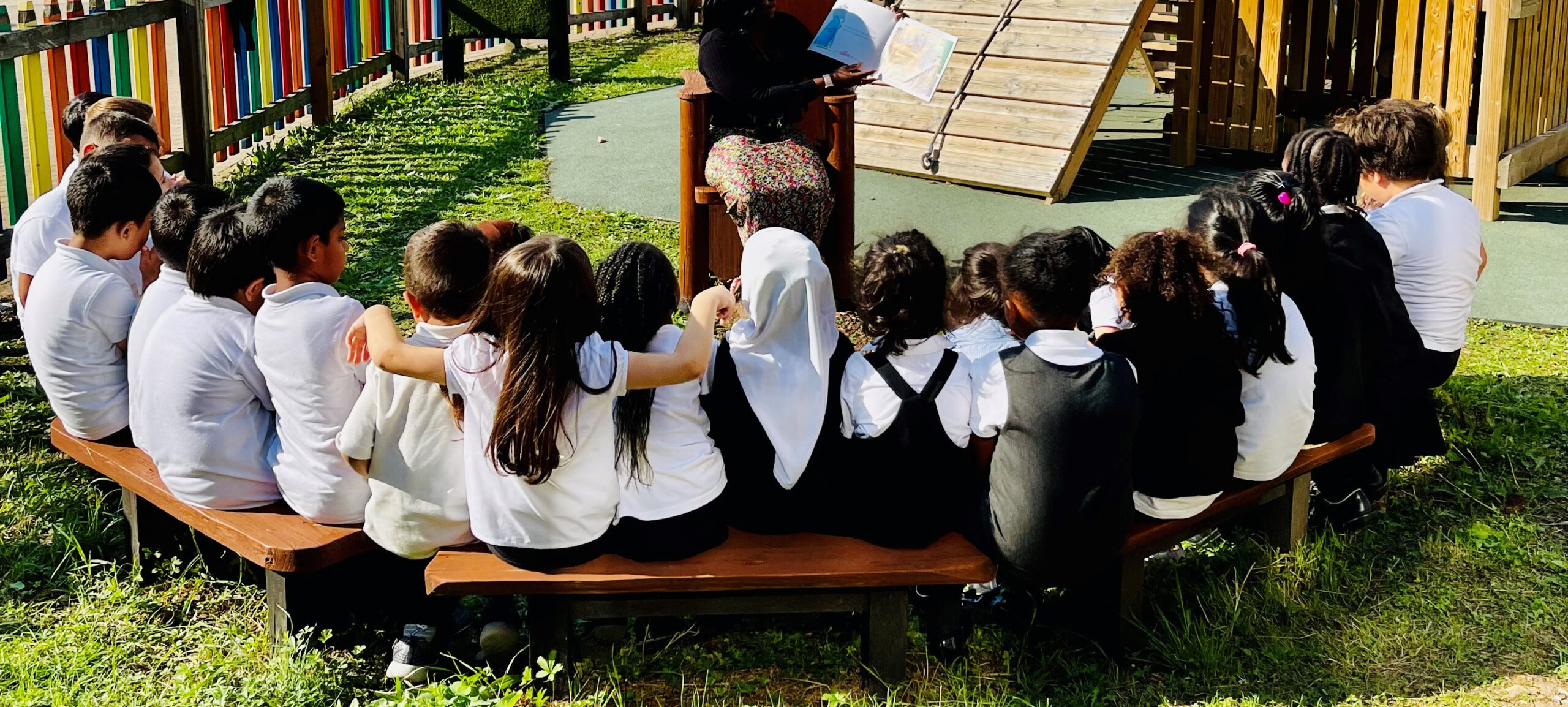
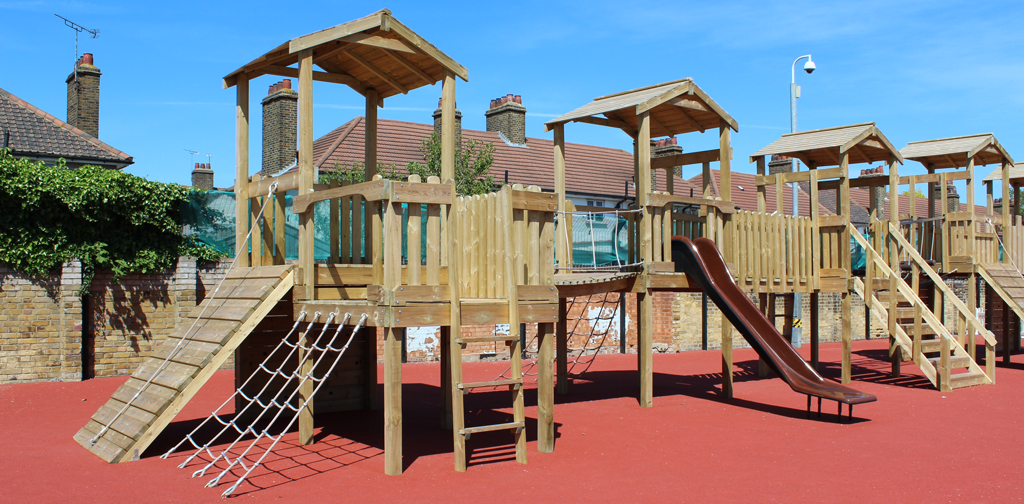




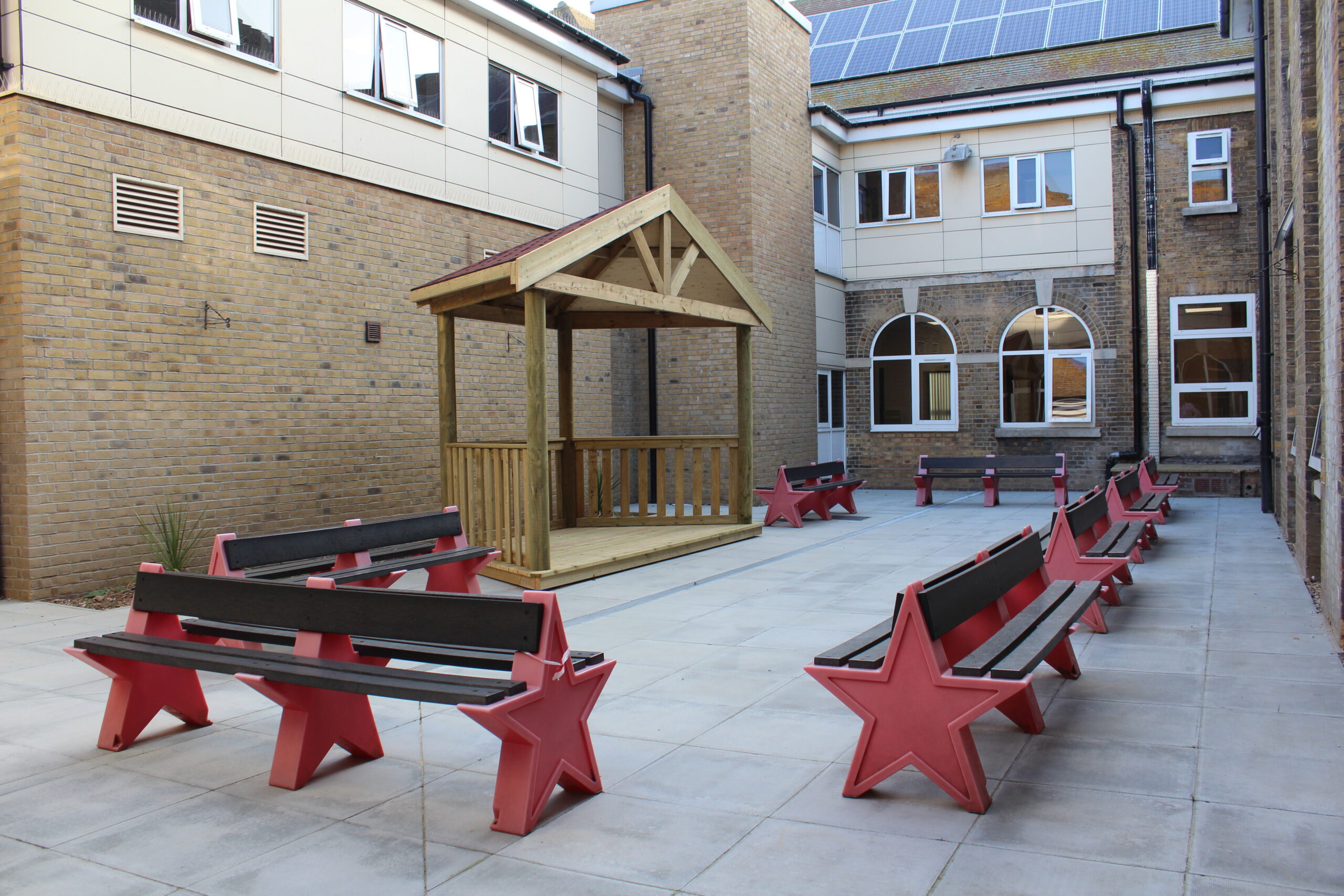

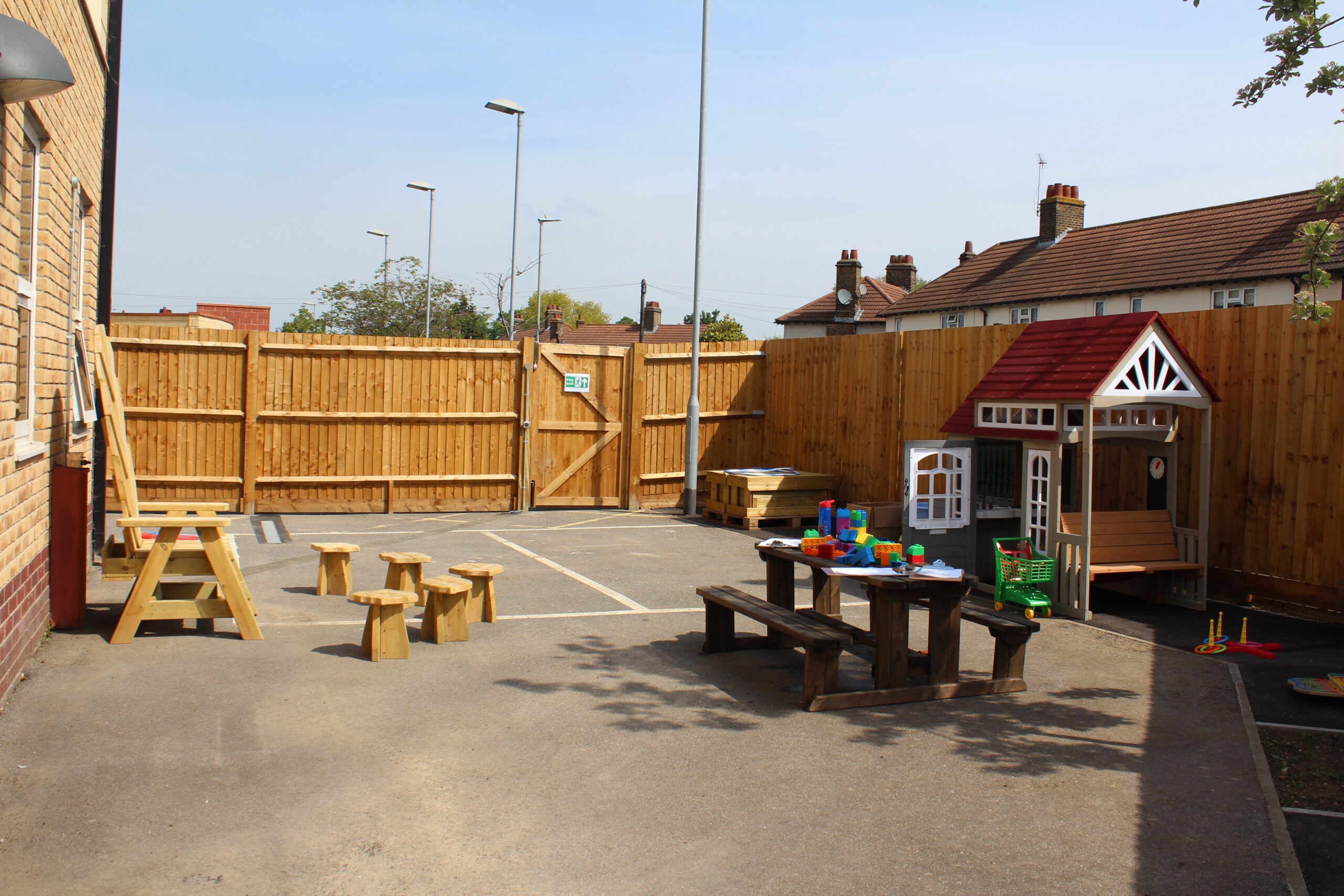

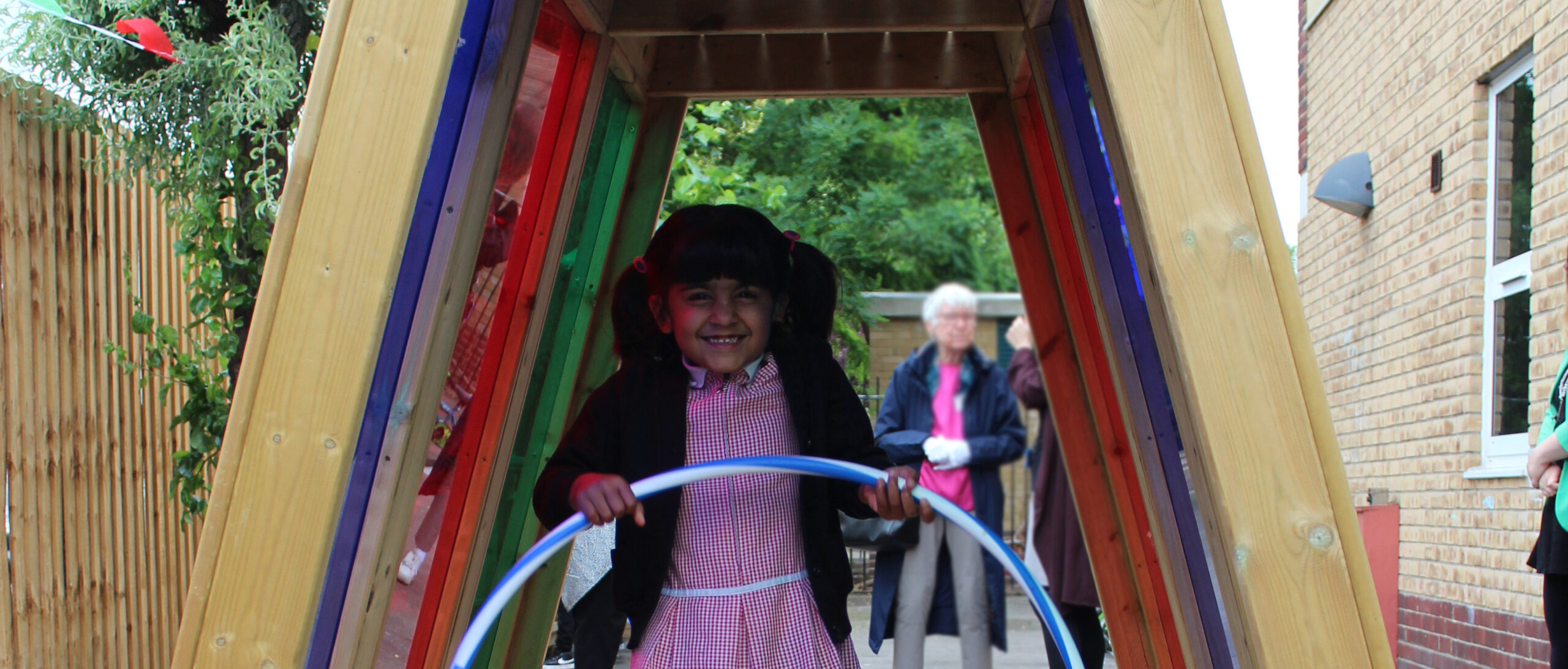
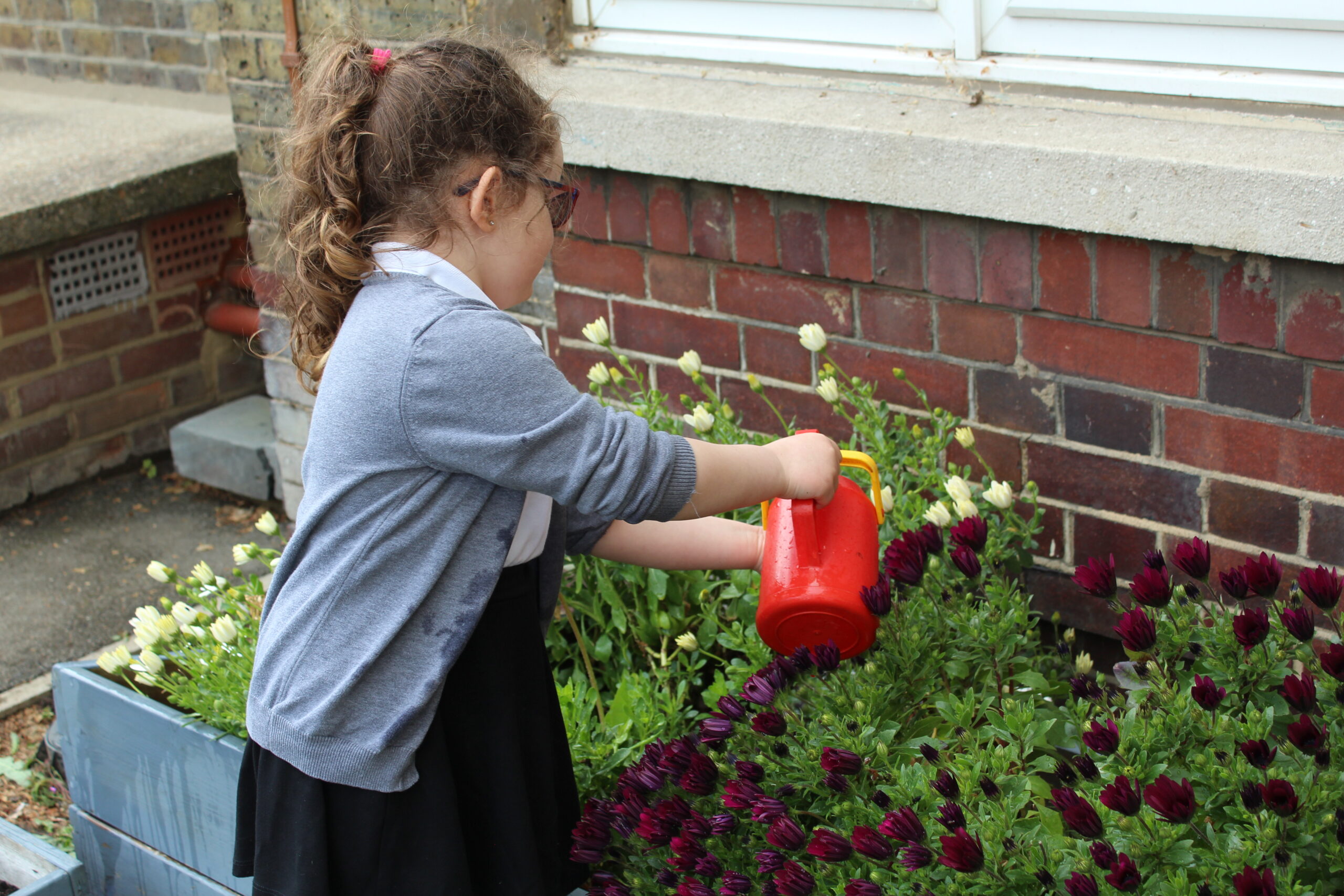


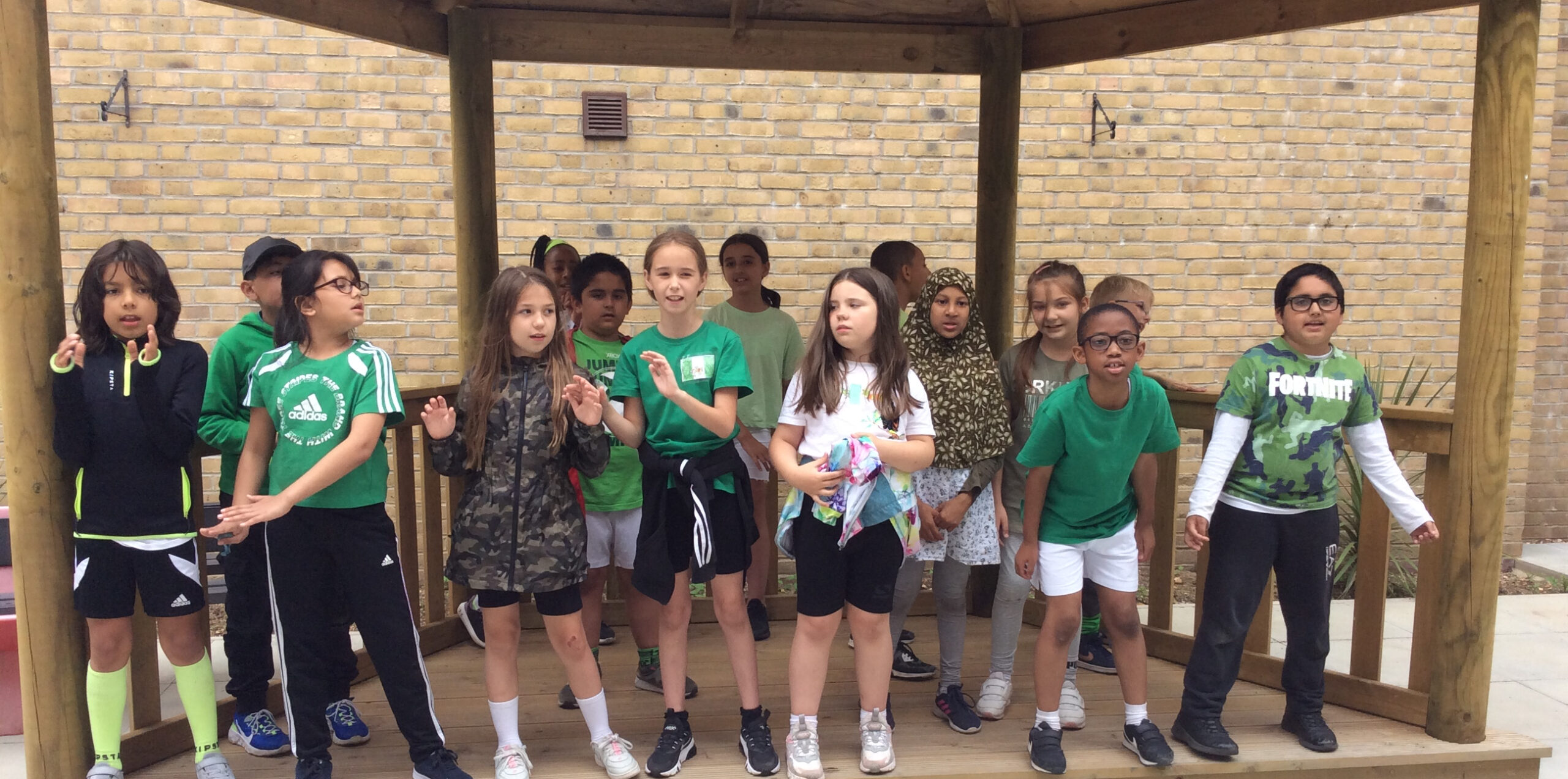
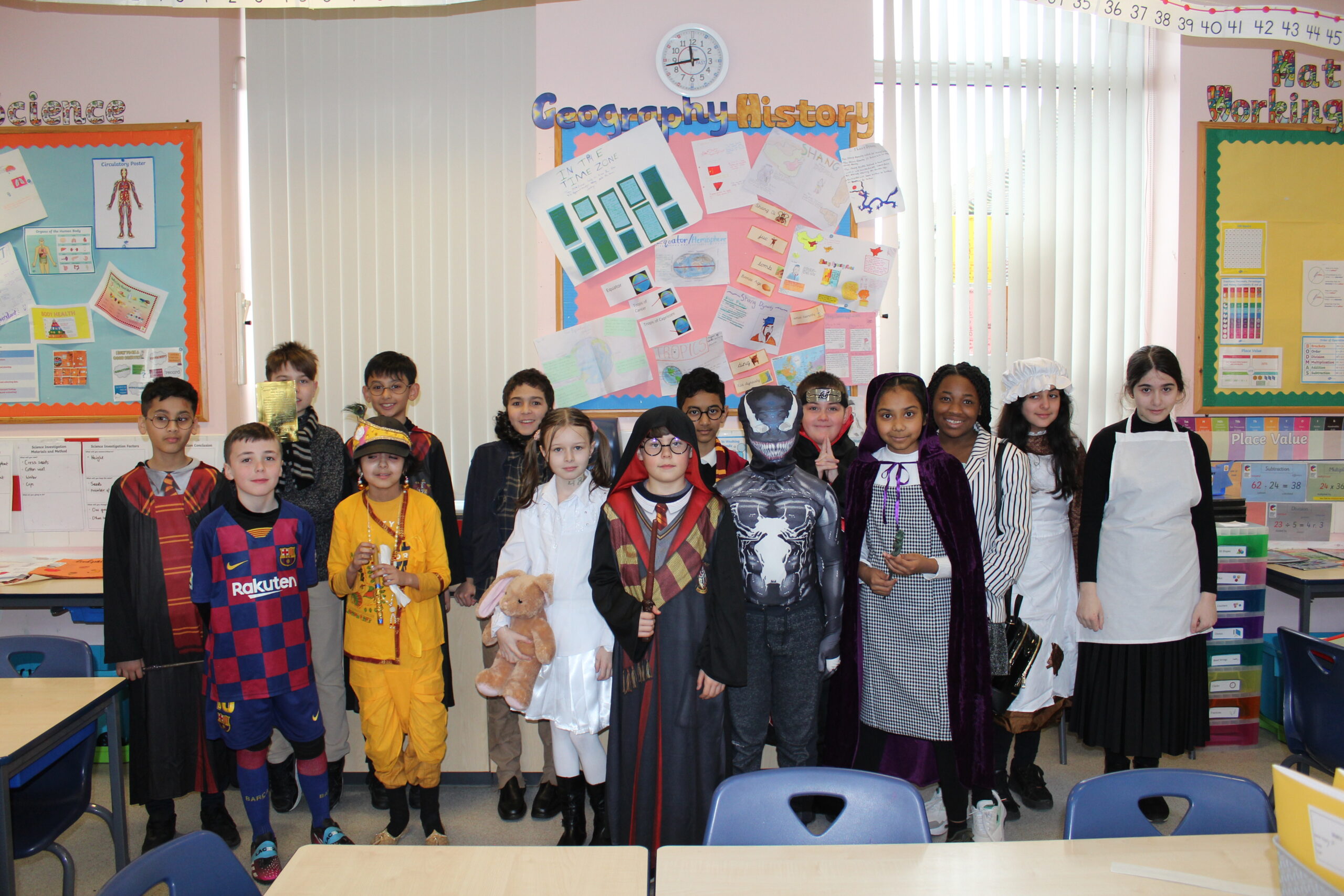

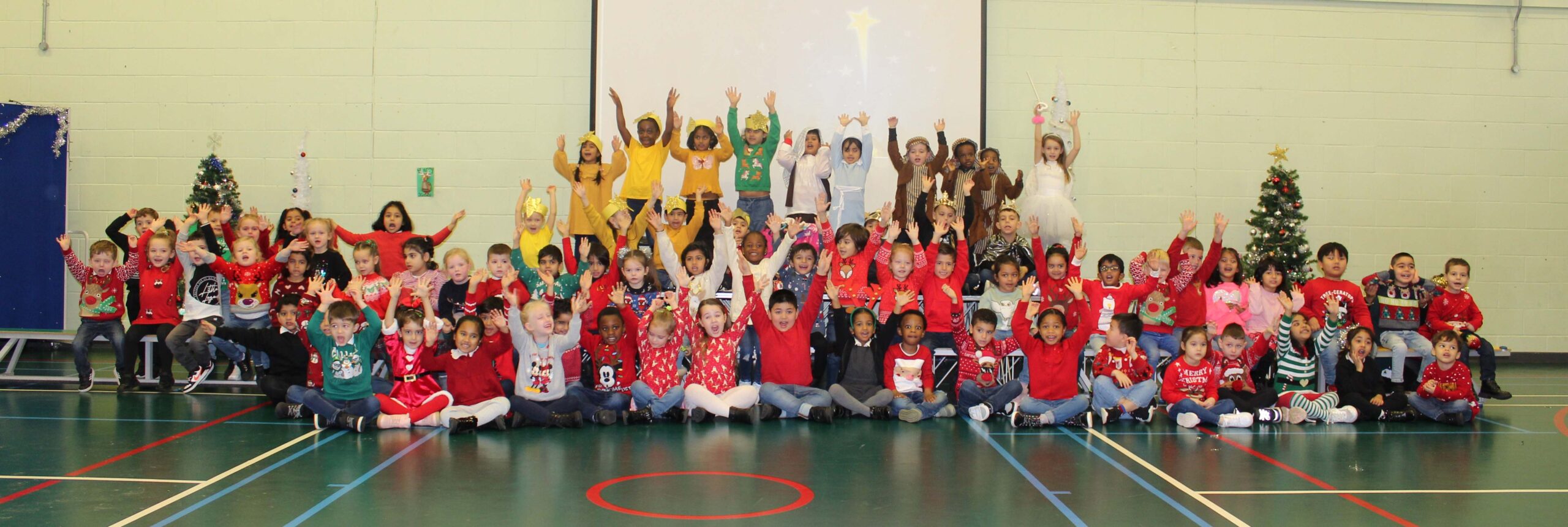
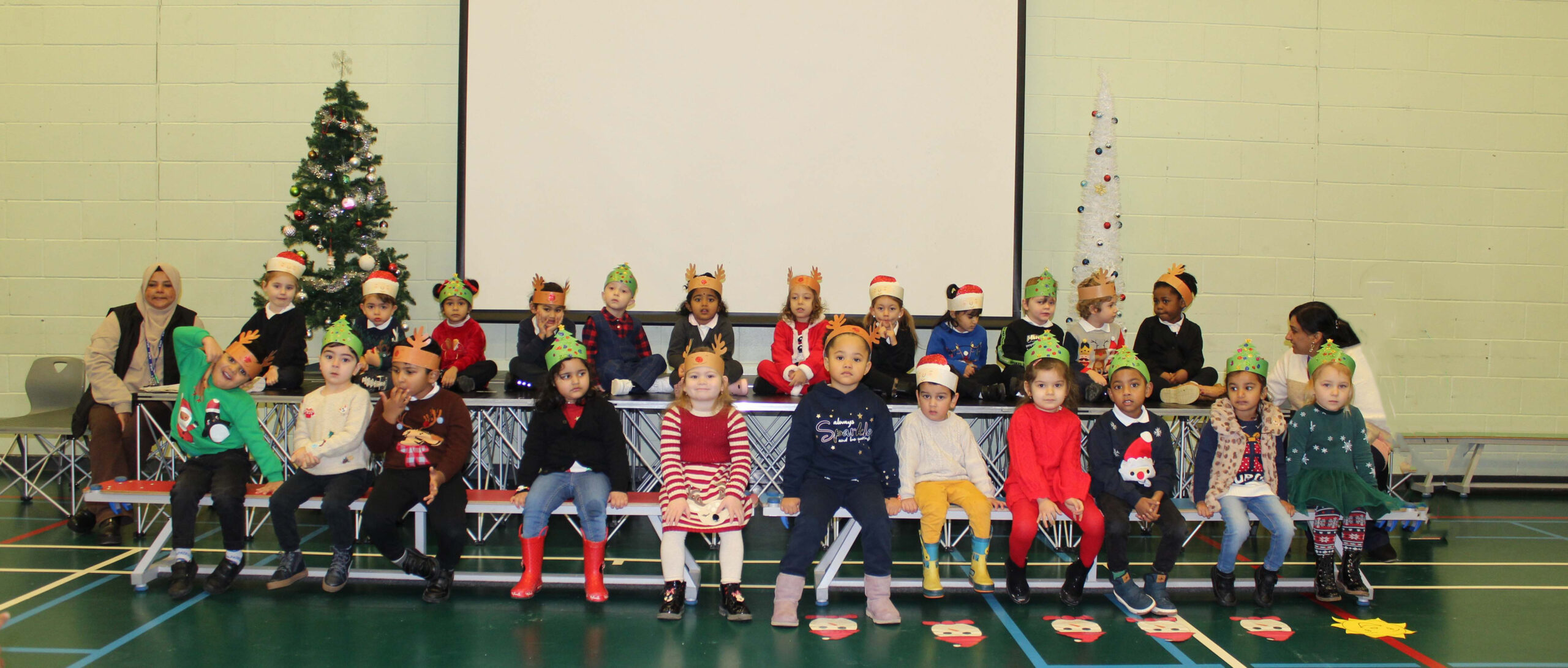
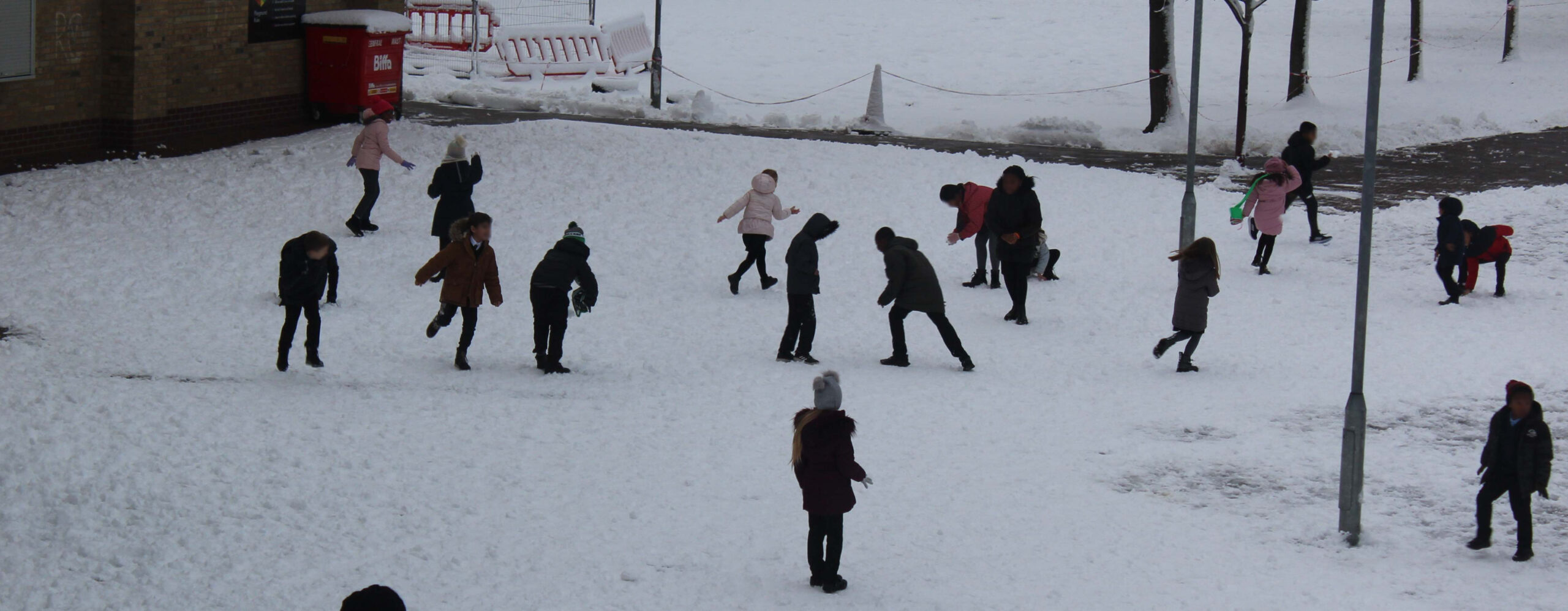

Welcome to our Curriculum Overview Page
Our Curriculum Vision
The children and their learning are at the core of everything we do at Eastbury Primary School. Our curriculum is designed to take into consideration our children’s varied backgrounds and cultural experiences as we believe they deserve a curriculum that does not narrow their life chances but expands them, enabling social equity and mobility. We therefore prepare children to be lifelong learners and global citizens.
Curriculum Aims
Eastbury Primary School aims to nurture and prepare children educationally, socially, morally and physically for their continuing education and beyond by basing our aims on our vision.
Our core aims are to develop strong academic outcomes through:
- Providing the knowledge, concepts, skills and attitudes embodied within the National Curriculum as a basis for the educational development of children.
- Providing a stable, consistent environment in which our children can develop respect, self-esteem, and an ability to value themselves and others.
- Giving our children a deep body of knowledge whilst ensuring skills are reinforced throughout.
Curriculum Intent
When planning the curriculum at Eastbury Primary School our teachers always take into consideration children’s prior learning, they provide where possible, first-hand experiences, allowing the children to develop interpersonal skills, build resilience and become creative, critical thinkers. We understand that a child’s ability to learn is based on gaining knowledge, building on this whilst developing the ability to use and apply skills.
Our children receive a broad and balanced curriculum and we ensure that their learning is relevant, exciting, aspirational, and challenging. All National Curriculum subjects, within the Curriculum are viewed as being equally important; but underpinned by the understanding that basic literacy and numeracy competency is vital in all learning. These skills have a high priority and where possible, we try to reinforce knowledge and skills across all in a focussed learning-based approach.
Curriculum Implementation
The aim of our curriculum is for our pupils to have the skills to be successful, independent, motivated, reflective and resilient learners in preparation for the next stage of their education.
National and school requirements are mapped out as a whole school by subject leaders, and then individual year groups plan the curriculum for their pupils accordingly:
- The curriculum is planned thoroughly, starting with the children’s current knowledge and skills, so that real progress can be made and measured.
- Each term there are a variety of visits and visitors planned in each year group to enrich the learning and create lasting memories via real experiences.
- Children’s prior knowledge is assessed at the outset of the topic and learning planned accordingly.
- At the end of each topic, an end task is planned, where children demonstrate the knowledge and skills that have been acquired.
The curriculum is reinforced by the school’s Core Values these are taught on their own and through other areas of the curriculum, including assemblies. The spiritual, moral, social and cultural development of our pupils and their understanding of British Values and the core values of our society are woven through the curriculum.
Theme days e.g. Maths, Eco Awareness, Anti-Bullying, whole school activities, including weekly long celebrations for Science, Music and Art in addition to opportunities within and outside of school – all enrich and develop the children’s learning. After school clubs and events extend these opportunities further.
Curriculum Impact
We measure the impact of our curriculum through:
- Reflecting on the standards achieved against planned outcomes.
- Celebrating the learning at the end of each topic, where children demonstrate the knowledge they have gained
- Sampling children’s learning across the school, where they demonstrate learning
- Pupil discussions with teachers and Senior Leaders about their learning
- Annual tracking of standards across the curriculum
What our parents say:
“My own experience with Eastbury Primary has been a great one. My daughter has blossomed so much. Academically I feel the school supports the children, taking time to appreciate each of them individually. As a parent I have been able to communicate with ease with each member of staff so far.”
“I personally think this school has everything my children need. They work hard to make sure my children get the best chance of staying at the educational level that all the other children are at. I believe that my children are safe and well treated at this school I feel I made the best choice in choosing this school.”
“I can see a huge difference in my child’s attitude to learning and they really raise standards in social and personal development.”
Subject Progression Maps:
Our Eastbury progression maps show the sequence and progression of key knowledge, key skills and key vocabulary taught across the school. They are used to create the specific Year group overview maps which can be viewed in the Year group page along with medium-term plans for history, geography, art, design technology (DT) and physical education (PE).
For some subjects we use schemes to support the delivery of the curriculum, these include:
• English – Literacy and Language
• Phonics – Read, Write Inc
• Maths – White Rose
• Science – Developing Experts
• RE – Discovery RE
• PHSE/RSE – JigSaw Scheme and Christopher Winters Project
• Computing – Kapow
• Art – Kapow
• Design and Technology – Kapow
• Music – Charanga
Click on each title to view the progression map, implementation and impact statements, it also includes our topic theme titles and how we assess children.
Homework
Homework is set by the class teachers and sent to all pupils every Thursday. The expectation is for these tasks to be completed to the highest standard by the following Tuesday.
Children are required to read for at least 15 minutes on a daily basis. Class teachers regularly allocate pupils an individual book which has been chosen according to the school’s ongoing reading assessment. Parents can support children by ensuring fluency and asking literal, deductive and evaluative questions.
Daily number practice is also essential for Mathematical development, as children are expected to solve addition and subtraction problems (including decimals) and quickly recall all times and division tables to 12 by the end of Year 4 at the very latest.
We also strongly recommend that children keep a diary where they write extensively about the most memorable events of their day.
Please speak to your class teacher for further guidance on any of the above
ARP for Deaf Children
Eastbury Primary School has an ARP for Deaf Children (Additional Resource Provision).
We offer highly qualified and experienced staff to support deaf children throughout the school from Nursery to Year 6. We have a Specialist Teacher of the Deaf (ToD) and Education and Communication Support Workers (ECSW’s) who support children using a Child Centred Total Communication approach. We work both in mainstream classes and lessons and also offer specialist withdrawal lessons and small group work, including reverse inclusion groups with hearing children.
We use British Sign Language (BSL) and Signed Supported English (SSE) across the whole school with many staff who are trained or training to use sign language. We use sign language for all assemblies including singing assemblies, and to help hearing children learn also. We offer a sign language friendly environment and are proud of our deaf children, their culture and identity within the school.
If you have any further queries or would like to know more about the curriculum we follow please pop into the office where an arrangement can be made with one of our team to answer any questions you may have.
RWI Policy
RWI Letter to Parents
At Early Years Foundation Stage, the subjects that pupils study are:
– Personal Social and Emotional Development
– Language and Communication
– Physical Development
– Literacy
– Mathematics
– Understanding of the World
– Expressive Arts and Design
At Key Stages 1 and 2, the subjects that pupils study are:
– Art and Design
– Design and Technology
– Geography
– History
– Computing
– Music
– Personal, Social, Health and Citizenship Education (P.S.H.C.E)
– Physical Education (P.E)
– Religious Education (R.E)
– Science
– BSL
Read Write Inc.
Read Write Inc. is a method of learning letter sounds and phonics, and we use it here at Eastbury Primary School to aid children in their literacy.
Reading opens the door to learning. A child who reads a lot will become a good reader. A good reader will be able to read more challenging material. A child who reads challenging material is a child who will learn. The more a child learns, the more he or she will want to find out.
Using Read Write, the children learn to read effortlessly so that they can put all their energy into comprehending what they read. It also allows them to spell effortlessly so that they can put all their energy into composing what they write.
When using Read Write to read the children will:
learn 44 sounds and the corresponding letter/letter groups using simple picture prompts.
learn to read words using Fred Talk.
read lively stories featuring words they have learned to sound out.
show that they comprehend the stories by answering questions.
When using Read Write to write the children will:
learn to write the letters/letter groups which represent 44 sounds.
learn to write words by saying the sounds in Fred Talk.
write simple sentences.
compose stories based on picture strips.
compose a range of stories based on writing frames.
For more information, including videos, please visit the Read Write Inc official website:
To support your child further with reading and phonics learning, try these websites:
http://www.phonicsplay.co.uk/ParentsMenu.htm (a collection of free phonics games)
http://www.oxfordowl.co.uk/ (a collection of free ebooks)


